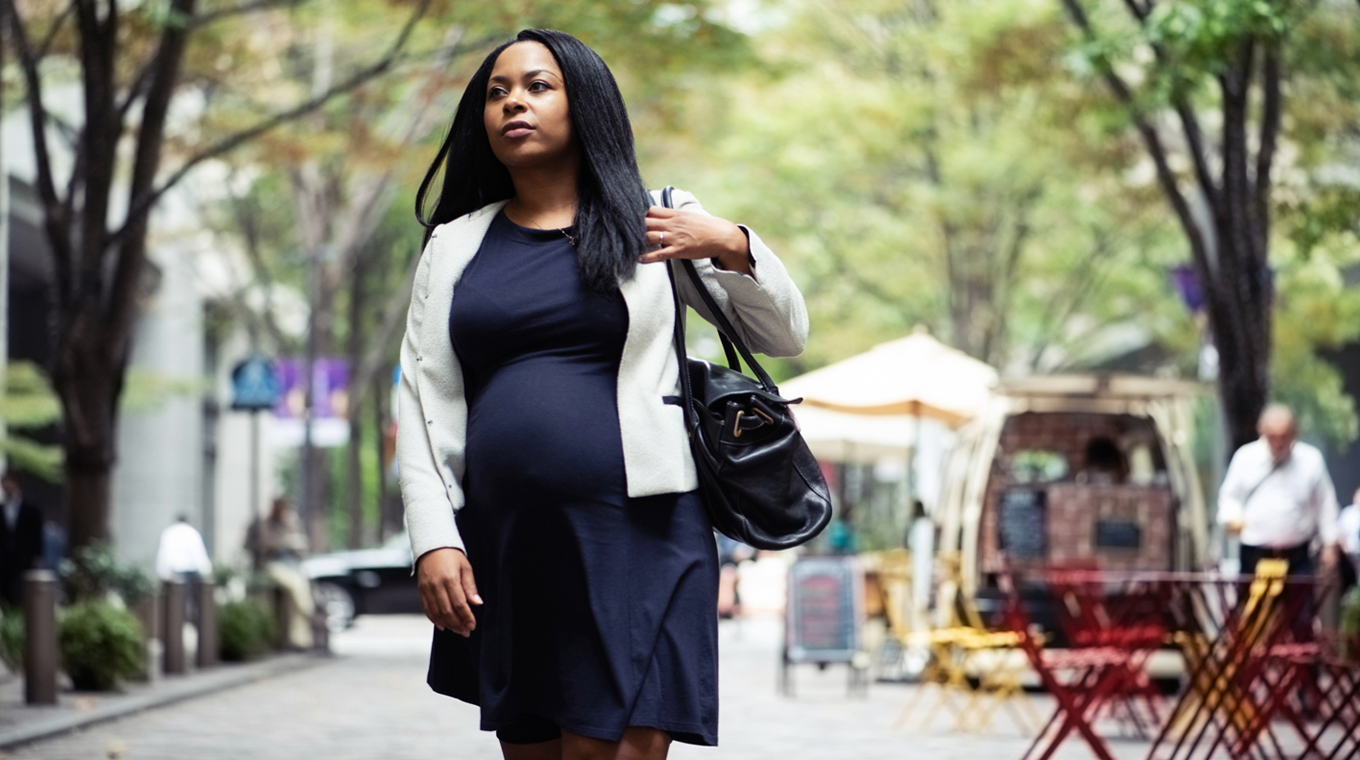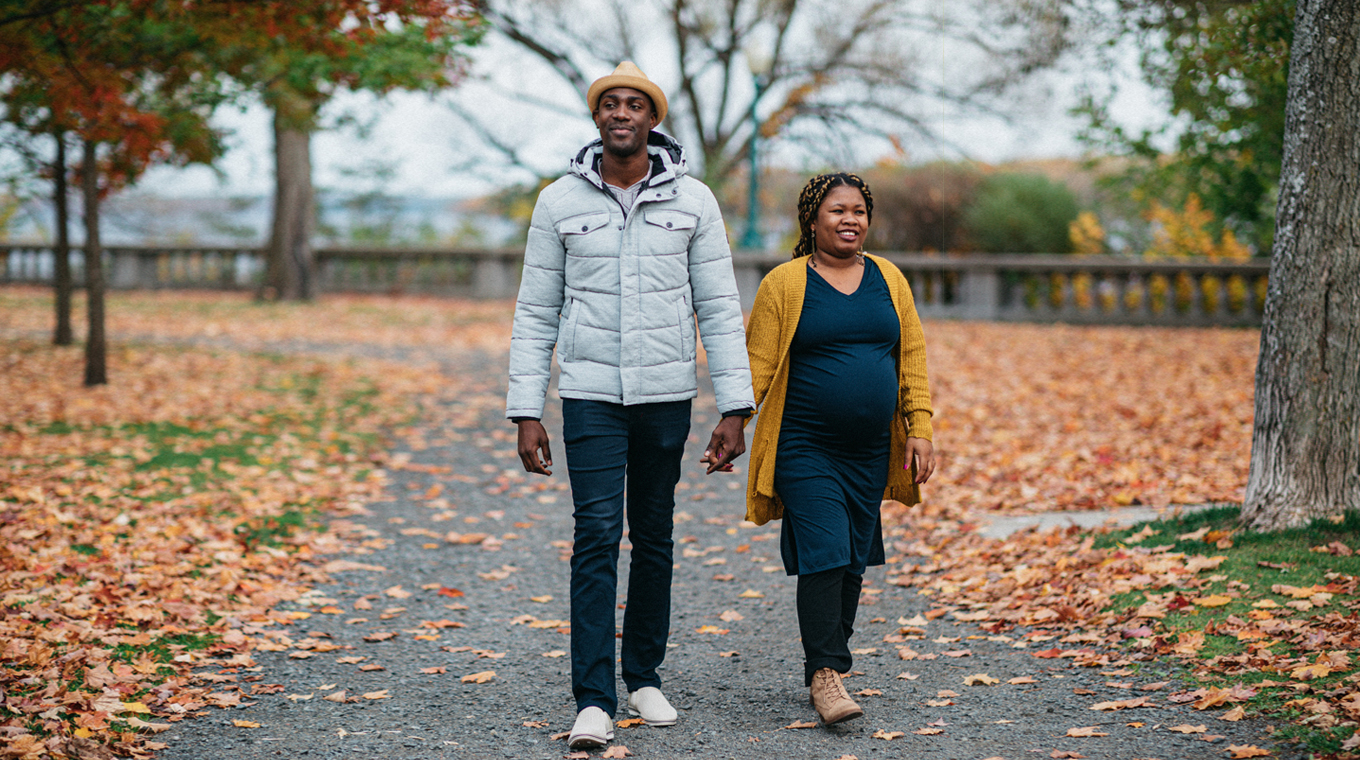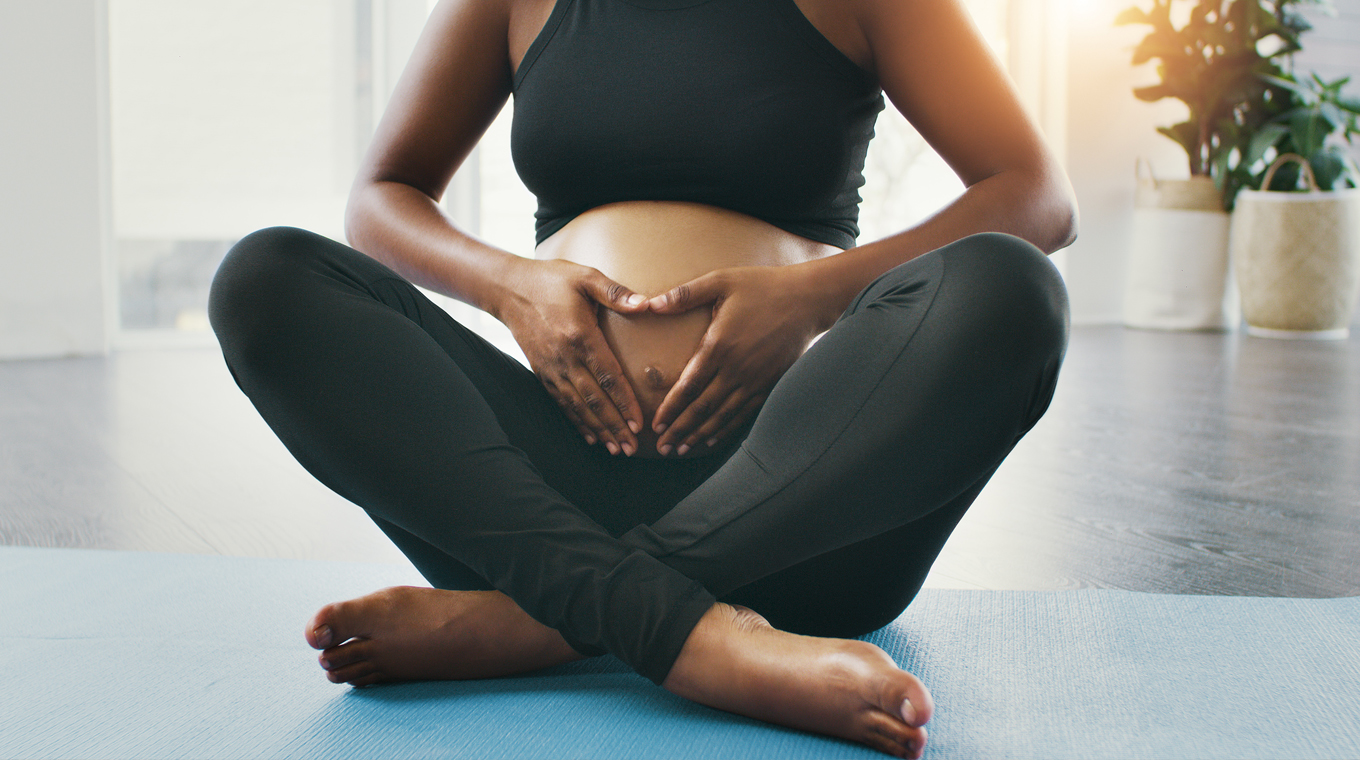
In this article
The recent Supreme Court decision to overturn federal abortion rights now puts the legalities of abortion under the jurisdiction of individual states, thus ending almost 50 years of women's control over their own bodies. Privacy concerns around reproductive health have prompted users to delete their period-tracker apps and create workarounds for internet searches to ensure their privacy is being upheld.
In the wake of this upheaval, Black women face significant uncertainties>; this SCOTUS decision affects Black pregnant women and those who can become pregnant disproportionately compared to their white counterparts.
Is abortion illegal now?

In many states, the legalities of abortion are in a state of limbo. Court hearings will determine whether abortion is banned or restricted to particular circumstances. Thirteen states have trigger laws in place; some with exceptions like rape or incest, which will go into effect in a few weeks.
In other states, like California, Massachusetts, New Jersey, and Kansas, abortion will remain legal; protections in some cases indicate how many weeks along a pregnant person needs for abortion services to be performed. For example, Massachusetts, Nebraska, Alaska, and Iowa allow pregnancy terminations through 20-24 weeks gestation.
Overall, there are 35 states where abortion services are currently legal. Abortion is currently illegal in five states and could soon be illegal in the remaining 11 states. This Politico infographic outlines the legalities, conditions, and stipulations of abortion laws in each state.
Black socioeconomic issues: Access to healthcare

In the United States, maternal death rates exceed those of other developed nations. The U.S. maternal mortality rate, according to the Center for Disease Control and Prevention (CDC), is nearly 24 deaths for every 100,000 births. However, statistics show that 55 Black women died per 100,000 live births.
Socioeconomic disparities exist within the Black community. Factors for these disparities include limited access to healthcare, racism, bias when obtaining health care, preexisting and chronic health conditions, and lack of access to sex education.
While the number of abortions performed each year is declining, African-American and Latina women seek out abortion care services at a higher rate than their white counterparts. Public health researchers have concluded that unintended pregnancies are directly related to limited healthcare access.
The Roe overturn impact on the Black community will have far-reaching negative effects for years and generations to come. “The reversal is going to cause a lot of trauma within the Black family, within the Black community,” critical race and ethnic studies professor, Rodney Coates told NBC News. “And, for Black males, it’s one of those traumas that comes down to feeling helpless and hopeless, where you cannot control this thing or protect the Black woman,” the sociologist continued.
Pregnant and Black: What does overturning Roe v. Wade mean?

Southern states with abortion bans are also some of the same states that have not expanded Medicaid coverage, thus creating an impossible Catch-22 for Black women and those who can become pregnant.
“What we are witnessing with the overturning of Roe is anything but a pro-life agenda,” Dr. Melina Abdullah told Sierra Club Magazine. “It’s a pro-poverty agenda, a racist agenda, a sexist, patriarchal, and misogynistic agenda, a control agenda; an agenda that feeds the criminal system of injustice,” the Black Lives Matter Los Angeles co-founder lamented.
In her early twenties, Alana Edmonson was working her way through community college with aspirations of one day attending Yale University. when she found out she was pregnant.
“It was already very, very hard and there were already enough obstacles in the way of me achieving what I wanted to achieve,” Edmondson, now in her third year at Yale, told CNN in their coverage of how Black women are feeling invisible in the abortion rights fight. “It seemed like adding a pregnancy and a child to that mix would just make it harder, and why would I want to do that to myself?”
Factors like the gender wage gap, low income and poverty, and limited employment and education opportunities are significant issues in the Black community. Compounded with reproductive health disparities and systemic racism, the outlook is grim. Black babies face higher infant mortality rates than white babies due to delayed or nonexistent prenatal care. Some Black children who do survive are likely to have developmental delays, exhibit poor educational performance, or live in poverty. Thus, continuing the cycle of systemic racism.




